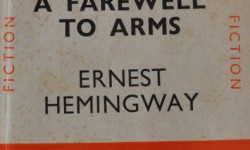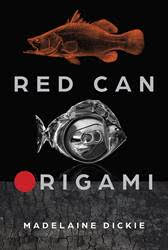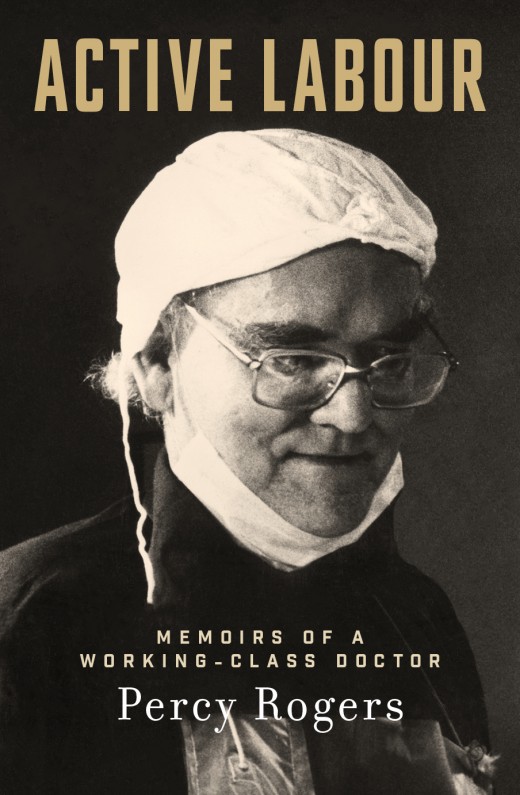
Does anyone care that ‘lay’ and ‘lie’ are frequently used incorrectly in sentences? Should we care? Apparently, the Oxford English Dictionary—Samuel Johnson’s dictionary—decided on these forms, and I’m thinking that maybe it’s time to lay them to rest, and not worry about their misuse anymore. I don’t hear my clients applauding me when I put a red line through ‘lay’ in […]

It takes courage for writers to ‘go out on a limb’ in order to develop, and commit to, an individual writing style that satisfies readers. On 9 March 1895, H. G. Wells, English writer and commentator, wrote a review in the ‘Saturday Review’ of Grant Allen’s controversial novel, ‘The Woman Who Did’: “The whole book … is strenuous without strength, […]

He said, she said . . . the all-knowing, all-seeing narrator drones on . . . A few years ago, in a creative writing class focussing on autobiography, I was persuaded to use dialogue in a short memoir. It took a while to get my head around including unrecorded conversations that occurred decades ago. However, I was assured that memoirists and […]

Are you in the mood for a quiz? If so, sharpen your red pencil! There are errors, or improvements to be made, relating to grammar, punctuation and sentence structure in the following ten sentences. Can you spot them? Each ‘issue’ has been covered in the first ten articles written for ‘The Art of Writing & Editing’ series. Answers are provided […]

These days, the use of the pronoun ‘whom’ in our speech and writing is becoming less common —quite frankly, it’s on its last legs. Grammar purists will be shaking their heads and wringing their ink-stained hands as they ponder the demise of ‘whom’ and the rise in popularity of the less pretentious pronoun, ‘who’. However, if you’re writing or speaking […]

Are you sometimes unsure whether you should use ‘that’ or ‘which’ in a sentence? If so, join the throng; or maybe you’ve never really thought about it. Fair enough. In many cases, both words are equally correct. However, you can keep this in mind: ‘that’ introduces essential (restrictive or defining relative) clauses, and ‘which’ introduces non-essential (non-restrictive or non-defining relative) […]

Writers control the pace and mood of their writing with punctuation; it’s an art. Commas, colons and semi-colons break a sentence into units of breath, offering the reader small chances to pause. But there is more to consider. Minimalist writer, Ernest Hemingway (1899-1961), used commas and semi-colons sparingly to create tension and maintain engagement with the narrative. Consider the final […]

Isabel Archer is a mesmerising character . . . her creator, Henry James, made her so by allowing the reader access to Isabel’s conscious thoughts. A paragraph in ‘The Portrait of a Lady’ (1881) is frequently longer than a page, but how can there be white space on a page if a setting needs visual detail, or if Isabel hasn’t […]

The aim of the first sentence of any written work is to motivate the reader to read on; it can be decisive and declare the theme or argument of the main body of writing, or it can be a teaser. So whether you’re writing a novel, an essay, or just an email, your aim is to arrest the reader’s attention […]

The habitual practice of writing in a notebook, a diary or a journal will refine your writing. A journal can include jottings of daily observations, lists of words and punctuation that interest or bother you, inspirational sentences you’ve read, ideas to develop, critical editing of current writing, and so on. Literary icon, Virginia Woolf, born in 1882, began writing a […]













